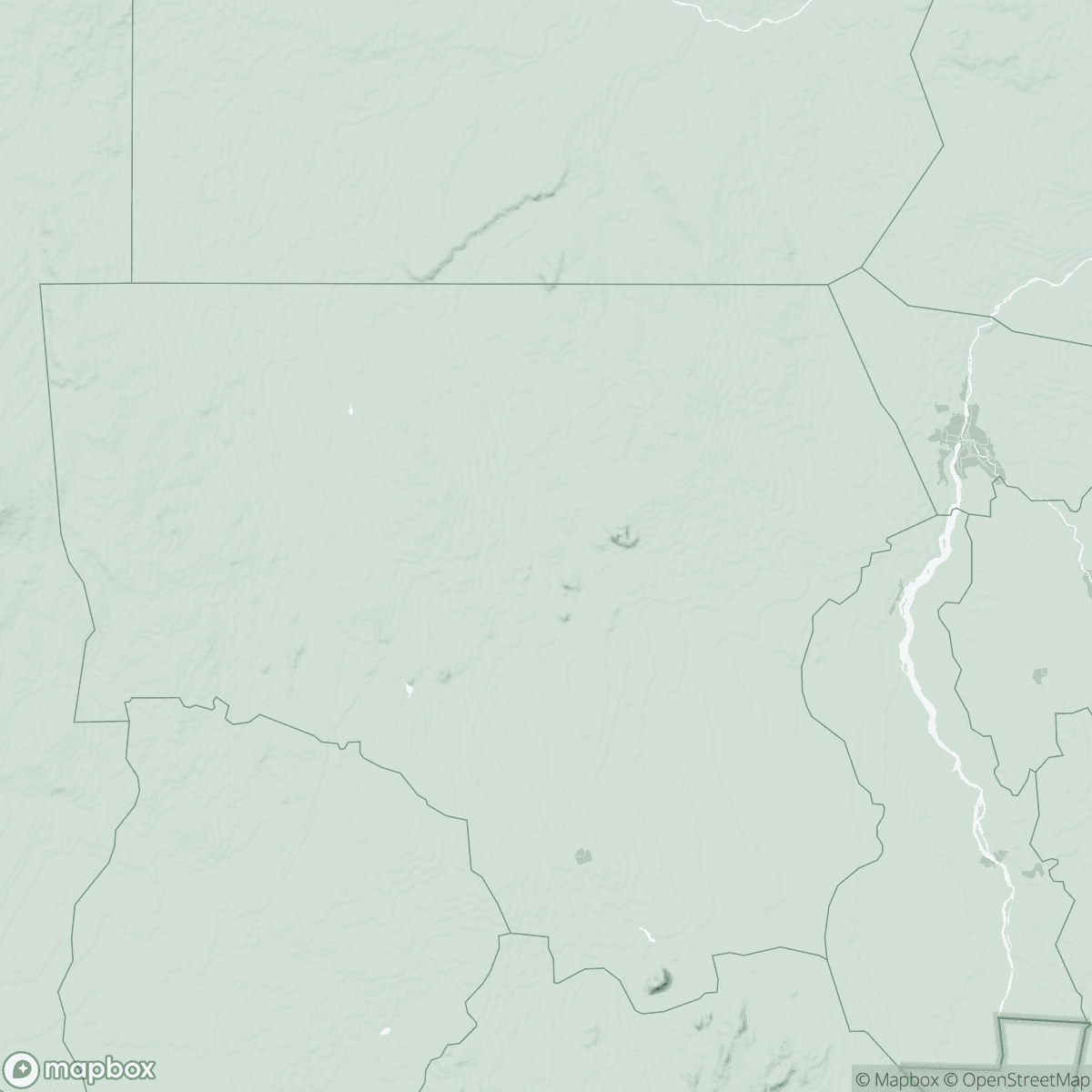
An update on the chaotic situation of a wartime health system
In 1 click, help us spread this information :
War in Sudan has put a strain on an already fragile health system. Dr Khalid Elsheikh Ahmedana reports on the situation in Khartoum, the country's capital.
« As you know the health system in Khartoum, or in Sudan, in general is a weak health system – in terms of finance, in terms of supply, in terms of human resource distribution, and in terms of data and information. It is a weak health system. But now, after the violence and the war started, the health system is now in a critical situation. And this can be observed in our visit to the hospital. There is a lack of supply. There is a lack of access of human resources to arrive at the hospital. Seventy percent of the hospitals are closed.
Some of the hospitals have shifted patients from hospitals in proximity to the war, to the fire, [to hospitals] which are considered [to be] safer. So, and in these cases also, it is not necessarily [the case] that the hospitals are shifting patients. It is hospitals specialising in that. So you find some hospitals specialise in obstetrics and paediatrics, but due to the current situation, they [have] added surgery and started to receive internal medicine and et cetera. I would say in general, this is a very critical situation.
And as we know that also some people, [have fled] to the north or the south or to neighbouring countries. We can say that hospitals [in these areas} which are considered [to be in] a safer state, are also [in a] critical [situation] because there are many patients and they prefer to go to a safe place and to seek health care [there]. Khartoum was considered as a referral point for all the patients, but now it is vice versa. So patients, instead of going to Khartoum, coming to Khartoum, they are moving out of Khartoum. And the hospitals in those places are now [facing a] more severe [situation]. You can hear the shooting outside. So, sorry for that. » He pauses to resume his narrative.
« So, I would say also one thing [is] that the victims of non-violence – patients who don't have access to the health facilities or they don't have access to good care, medications – are more and [they are] increasing and this we [have] observed in patients with renal failure who need dialysis, patients with heart disease, patients with cancer, patients with haemophilia, neonates, obstetrics and gynaecology, it is very difficult for all of those. There are some people who, I mean there are some volunteers and medics, who are trying to make a network through WhatsApp, even the network is not… so to show us women they can be in contact with a midwife in the area so they can deliver in their houses. We don't know if they have a full supply to perform safe and clean deliveries. This is one of the areas also. Some of the areas, of course, are suffering from water shortages, and this could also have consequences later that we might have an epidemic also – you have some bodies outside, and also there is no waste management, normal waste management from the cities… the rubbish is gathering, a lot of flies, mosquitoes, and also this is also a high risk for environmental health… knowing that malaria and dengue fever [are] also diseases [that have existed for] a long time before the war and still [they] will continue [to be there]. So this is the general situation. We visited hospitals, Al-Turki hospital, and we found that there [are] some needs, so we donated. There are some needs for victims of violence and non-victims of violence, non-communicable diseases patients, renal dialysis, they are in very critical situations. [Not to] forget about oncology diseases, about the cancer medications, and also there are some categories of patients who… we should not forget, but they [are] in critical situations. Psychiatric patients [who] are on life[long] medications. So this is how it is. And it's also tools for investigations [of] diseases for, like, MRI, X-ray and all of these. Many hospitals are out of these services. So this is the kind of situation we can describe.
I'm saying, sorry, just coming back again, so we donated supplies to some hospitals and we are trying to continue doing that. We [are] trying to continue also doing more assessments. We are trying to find some staff to be allocated to some of the hospitals. »
For more information on the situation in Sudan:
About MSF's recent visit to the Turkish hospital in Khartoum, one of five hospitals to which we donated medical equipment.
Overview of the humanitarian situation in the region.



